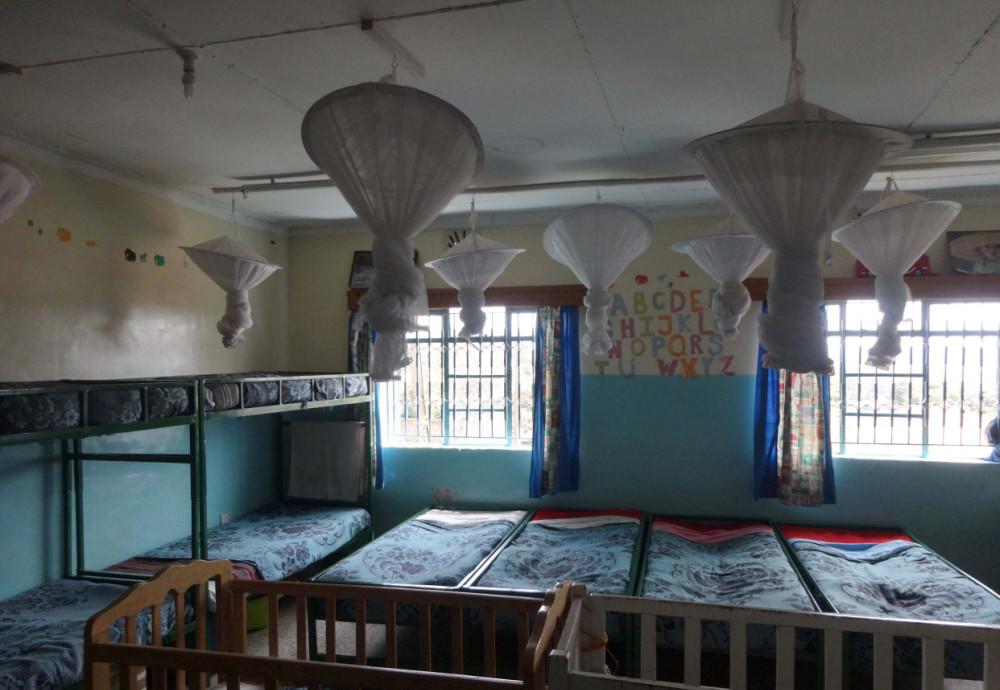I saw a news that when a kindergarten teacher was coaxing a child to take a nap, several children did not want to sleep and were asked by the teacher to slap themselves.
There are also teachers, because the child does not take a nap, with a needle in the child's buttocks.
Some time ago, a mother also told me about her baby's experience. The child did not sleep in the kindergarten at noon, was scolded by the teacher, and threatened not to like him anymore.
People are trembling at the sight. If a child does not take a nap, is it really an unforgivable "mistake"?

Whether the child needs to take a nap, you must first understand how long the child needs to sleep in a day.
Sleep times for children of different ages are not the same, according to the American Society for Sleep Medicine (AASM) 2016 publication of the Best Sleep Times for Children and Adolescents:
Newborns: in addition to eating and sleeping, sleep time can reach 16-20 hours a day;
4-12 months of age: 12-16 hours (including naps)
1-2 years old: 11-14 hours (including naps)
3-5 years: 10-13 hours (including naps)
6-12 years: 9-12 hours
13-18 years: 8-10 hours
This includes napping.
Therefore, whether the child wants to take a nap depends on the child's state and the quality of sleep at night, and cannot force the child to sleep. Forcing your child to take a nap may have some undesirable consequences.
Disrupt your child's biological clock
Each child has its own bioregulation function, just like we adults have our own response system when we are drowsy and can manifest itself.
The same is true of children, who are really sleepy and will show that they rub their eyes, yawn, look at themselves, etc., or some children walk easily and wrestle.
If the child does not have these performances, but the parents feel that he should sleep, he must coax him to sleep, or even force the child to take a nap by means of scolding, which will seriously disrupt the child's own biological clock, either at night or cannot wake up in the morning.
Cause psychological stress to the child
Some children do not have any sleepiness, and are forced to lie down to take a nap, just like we adults insomnia can not sleep, the more lying the more upset, the more children will lie the greater the psychological pressure, think and dare not get up, resulting in sleep disorders.
An educator once said that both adults and children should fall asleep with joy and expectation, which is the secret of longevity.
This is also one of the ways to make your child's physical and mental health.
Develop some bad habits
Children can't sleep, parents have to lie in bed, they will be bored, make some bad habits such as nibbling on fingers, biting the quilt, or touching the genitals.
Therefore, if you encounter a child who does not want to take a nap, the parent or teacher should make a good judgment, the child is not sleepy and does not want to sleep, or is actually very sleepy, but still wants to play all the time without sleeping.
If the child is usually more energetic and sleeps well at night, there is no need to force him to sleep, and the child can arrange it by himself.
If you do not want to take a nap in kindergarten, parents should usually tell their children that they can not sleep, but they cannot disturb other children to take a nap.
If you are too sleepy to support, you must have a benign communication with your child, and the child may want to play with the parents.
Then as a parent, you must express clearly with your child in time, you can sleep first, and your parents will wait for the baby to sleep and then play together, so that the child has a "number" in his heart and sleeps with peace of mind.
There is also a situation that children who have been napping habits suddenly do not sleep, parents should study more to see if there is any reason that affects the child's sleep. For example, changes in the family and environmental changes may affect the child's sleep habits.
As for the claim that taking a nap is beneficial to children's development, in fact, there is no research to prove it.
In 2015, researchers at Queensland University of Technology's School of Psychology and Counselling systematically analyzed 26 published studies, mainly in the area of sleep research in children under 5 years of age.
The results of the study show that adequate nighttime quality sleep is very important for the healthy growth of children, however, there is little evidence to support whether daytime napping is conducive to children's growth.
Another finding of the study suggests that children over the age of 2 who take a nap during the day are more likely to delay falling asleep at night, reduce nighttime sleep, and have poor sleep quality.
Therefore, whether the child needs to take a nap or not, according to the specific situation of the child, there is no need to force, and there is no need to use some "illegal" means. Again, the child is an independent person, eating and sleeping such things, listening to him